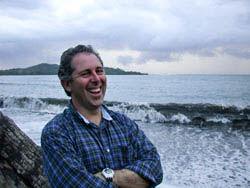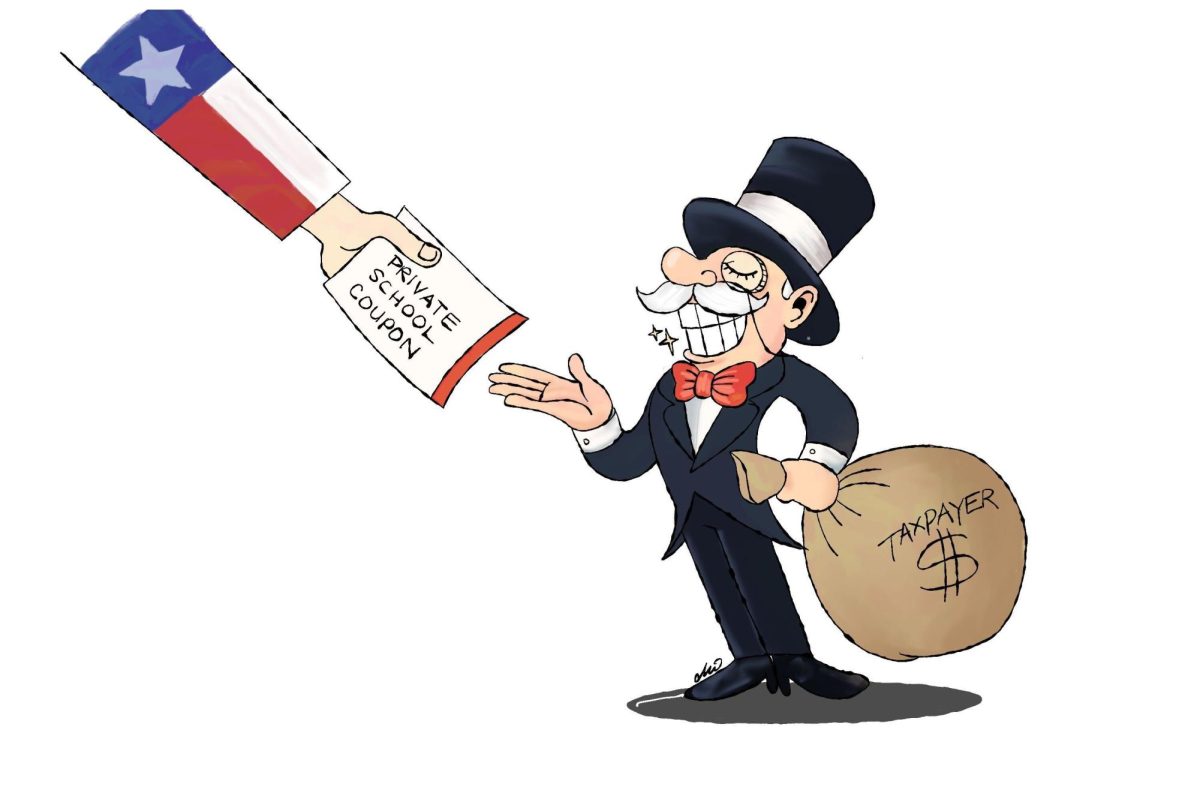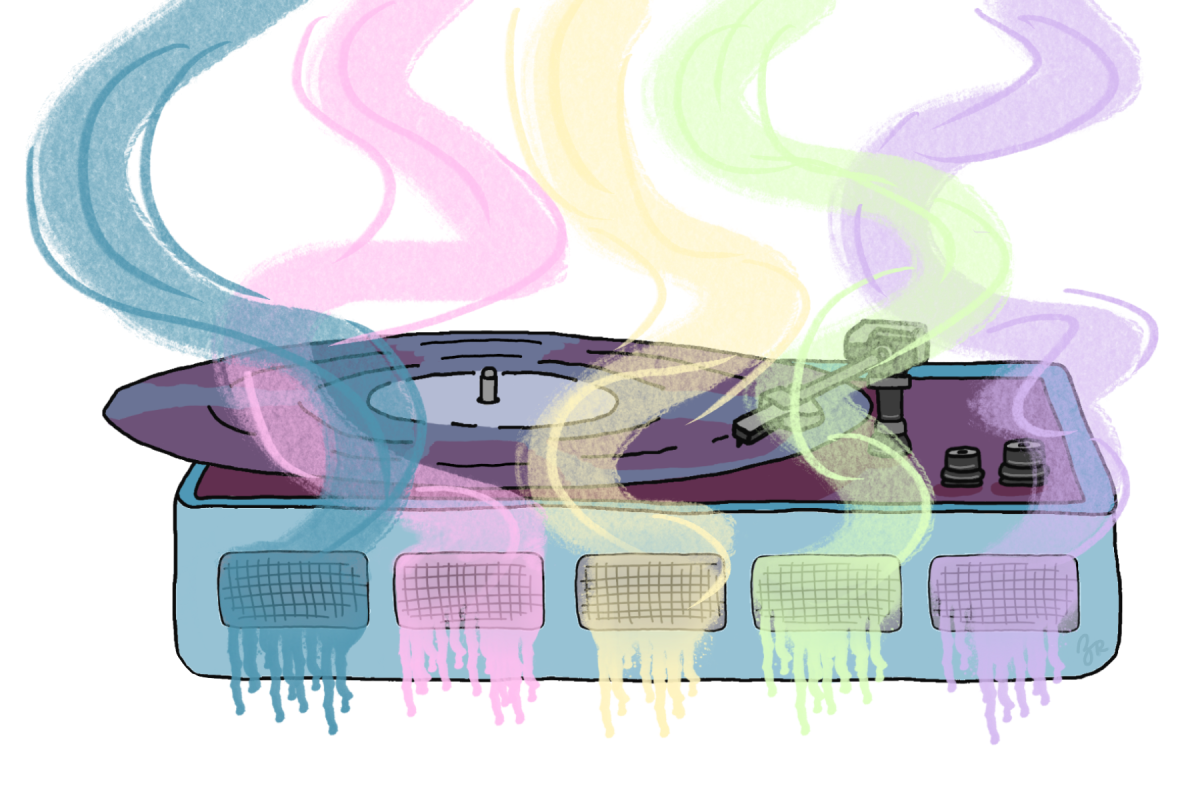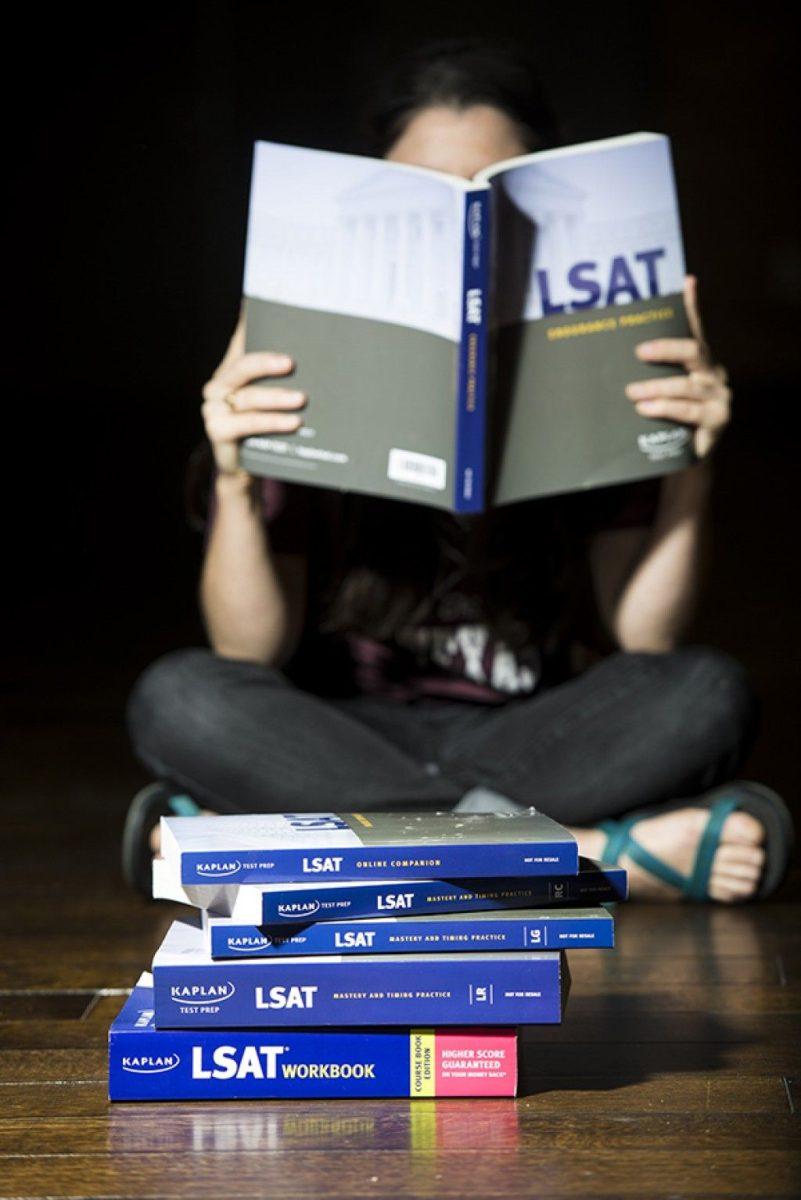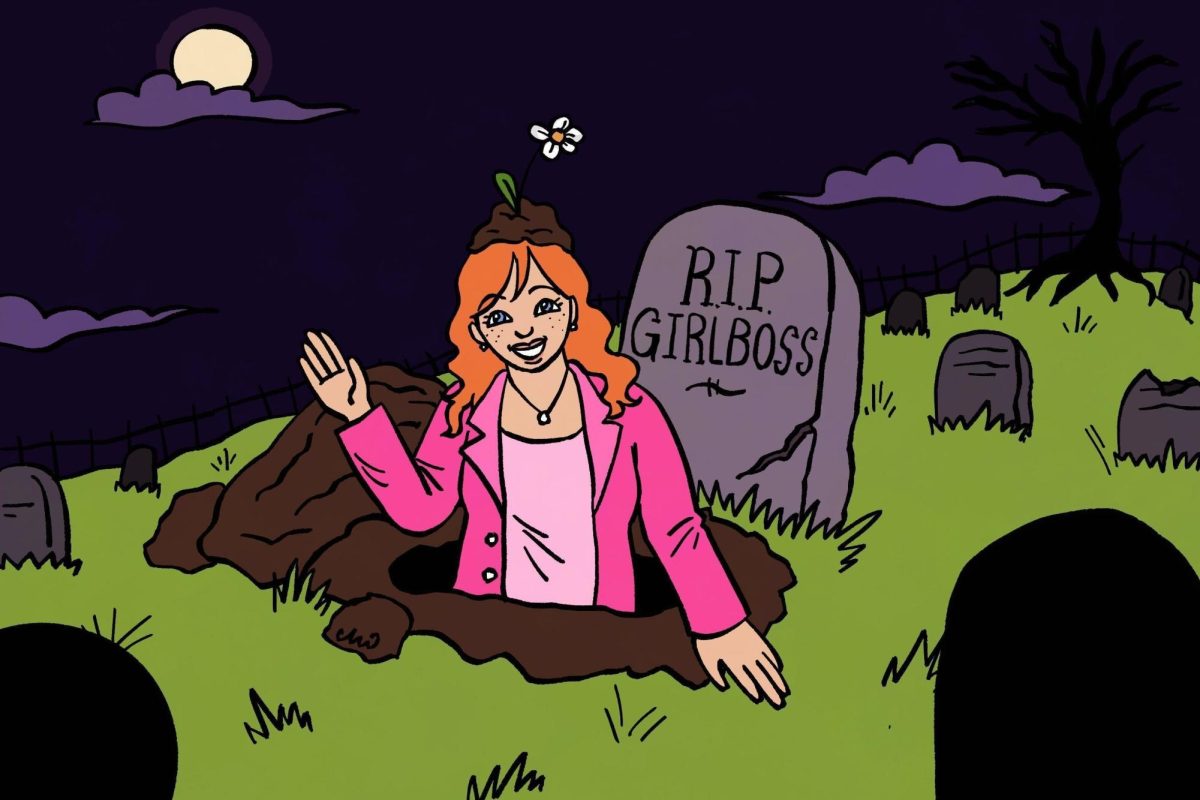Recently, Professor Filipe Castro, a tenured anthropology professor at Texas A&M, was fired for alleged classroom misconduct. Some might say good riddance, while other students and faculty are concerned about the implications this could have on the university and Castro himself. Last spring, I was in Castro’s anthropology class Peoples and Cultures of the World. From the beginning, Castro was a controversial but entertaining figure. He did not hold back on his opinions or morbid sense of humor, especially on the subject of politics. He lambasted mainstream liberals and conservatives alike. In his most graphic attacks during my class, Castro said that he wanted to strangle President Donald Trump with President-elect Joe Biden’s entrails. A&M’s investigation recounted this as a hanging instead of a strangulation, but there’s nothing wrong with occasionally rehashing material.
Now I know some readers may be immediately aghast at these statements; others are wishing they had thought of them first. Either way, it’s important to look at the situation’s context. Castro’s behavior did not disrupt my classroom experience, and I did not feel he created an unsafe or exceedingly uncomfortable environment for any particular group. His comments were certainly edgy and often borderline offensive, but they were always accompanied by a sly smirk and good-natured tone.
I never saw him attack a student or do anything that legitimately contributed to a hostile environment. Castro was very open and opinionated, but he was kind to all students regardless of their beliefs. Despite his obvious disdain for Trump, he maintained good relations with conservative former students and his nautical archeology peers. In fact, he kept a Trump 2016 hat gifted to him by one of them on his desk.
Castro is a classic online debate bro in the body of a 60-something-year-old Portuguese man. He openly bragged about pissing people off with his infamous Facebook memes. My left-wing peers who also took that class usually couldn’t make sense of his views either. One thing you can say for sure is that he inspired a lot of classroom discussion.
In an anthropology class about peoples and world cultures, these kinds of political discussions should be fair game. Anthropology is a broad and varied field of study, but the one thing that remains consistent through all of it is the interpretation and analysis of human behavior. Being able to engage with and discern valuable information from different kinds of rhetoric and vastly different viewpoints, some of which might be alien or off-putting to you, is completely on par with the subject and what we were learning in that class. In some ways, these kinds of conversations were better at aiding the overall growth of my anthropological skill set than just reading off the same information I’d relearn in most of my other anthropology courses.
Based on my interactions with Castro, I believe he really does mean well and wants the best for his students. Matters of religion and cultural practices involving circumcision or genitalia are going to come up in this kind of course. Castro’s blunt way of addressing these issues, though not ideal for everyone, allows for students to critically think about and challenge internal biases from a detached perspective.
The Foundation for Individual Rights in Education, or FIRE, conducted an investigation into Castro’s potential dismissal in September. They found that A&M could not fire the professor because his opinions expressed in class and online were protected by the First Amendment, especially being a tenured professor at a public institution.
Former A&M President Michael K. Young responded to FIRE’s investigation by essentially saying that by hosting white nationalist Richard Spencer in 2016, the university defied cancel culture and showcased A&M’s tolerance for free speech, claiming that, “the best response to offensive protected-speech is more and better speech.” Young went on to say that if they were to determine Castro engaged in misconduct, they would follow the proper procedure. If true and A&M’s accusations against Castro stem from something other than protected speech then that could be valid, but from how I see it, this currently comes across as a double-standard.
I believe Castro did good work as a professor and a researcher for the nautical archeology department. It is a loss for A&M and its student body to see him go in this manner. Trying to balance free speech and professional standards in a classroom setting requires nuance, I admit. I believe his views and statements, even those considered controversial within already taboo subjects, do not constitute a breach of academic ethics. As of now, I’m not convinced that Castro’s actions warranted termination. Until a time comes when that may change, I shall base my stance on my own experiences and the results of FIRE’s investigation.
Zachary Freeman is an anthropology junior and opinion writer for The Battalion.




